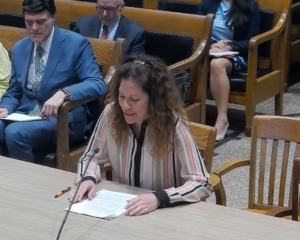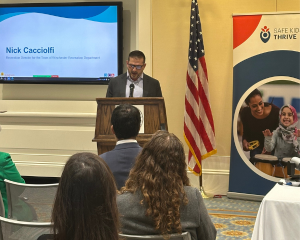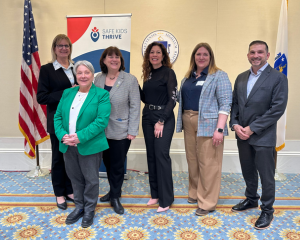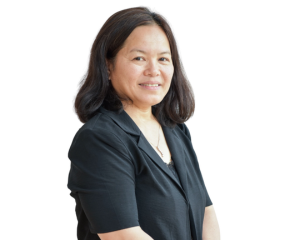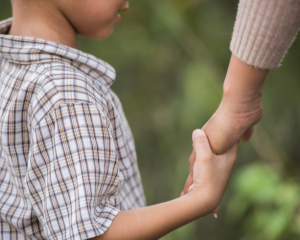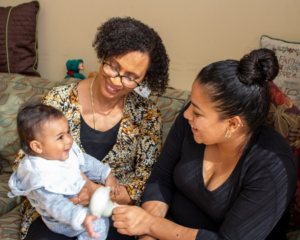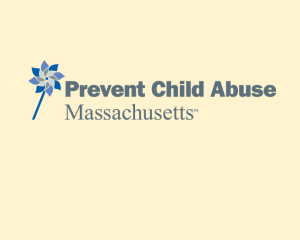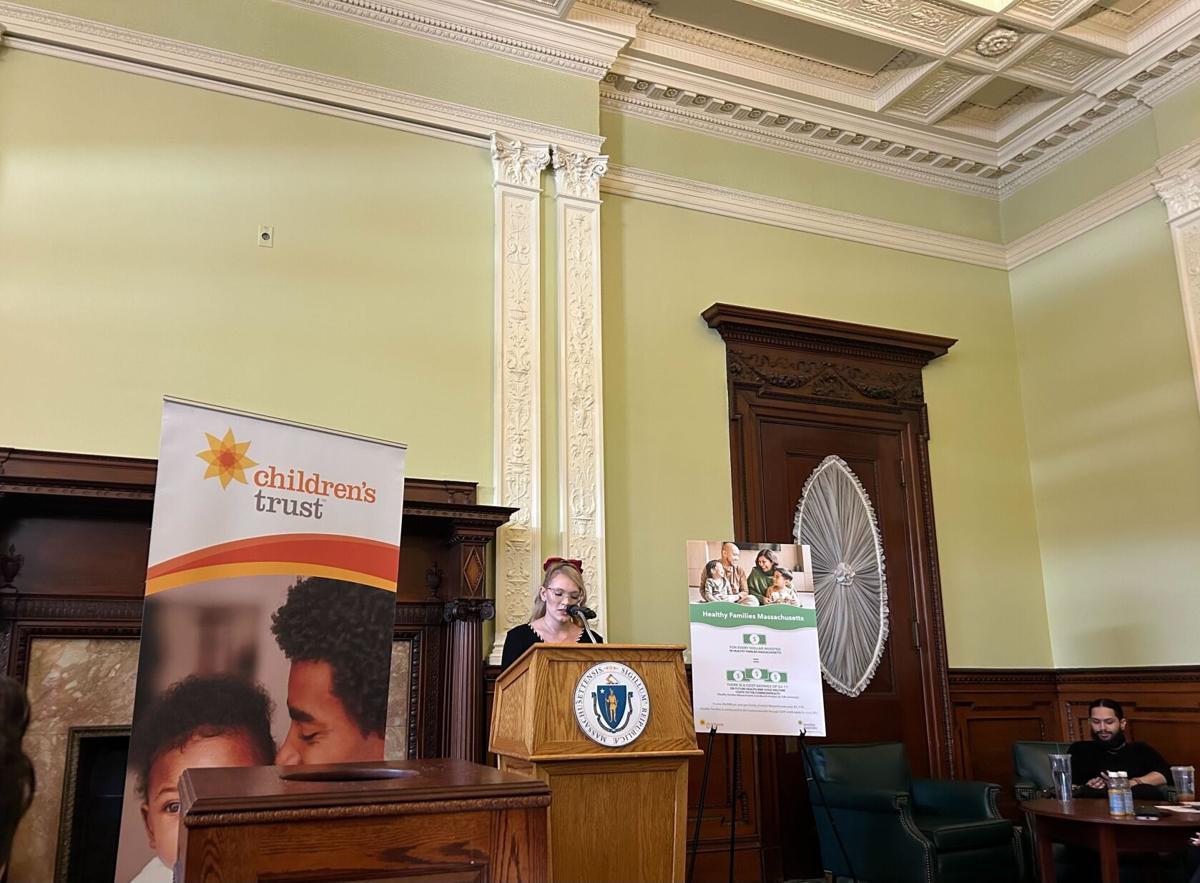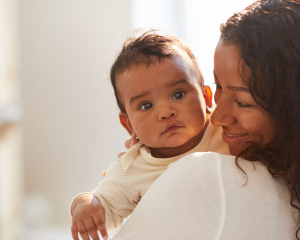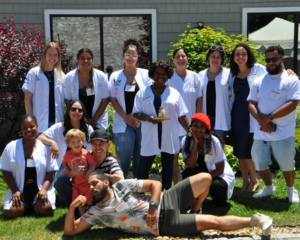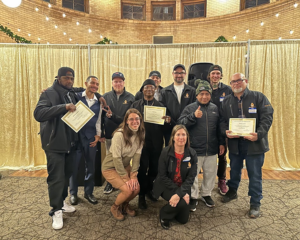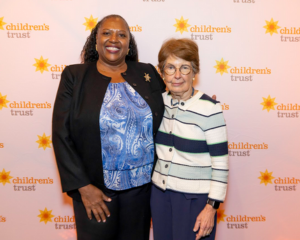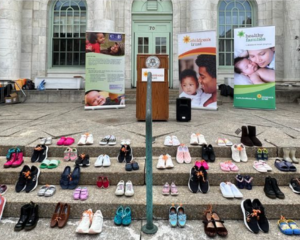Originally published in The Boston Globe.
By Suzin Bartley, Executive Director, Senator Joan B. Lovely, and Maria Mossaides, Massachusetts Child Advocate
Children have the right to be safe from being sexually abused at school. According to a lawsuit recently filed by Melissa and Joe Foley, the parents of a Duxbury student alleging his middle-school gym teacher repeatedly raped him, the child was denied that right. And Duxbury isn’t alone.
In most cases, child sexual abuse is preventable, and it is unacceptable that, as a society, we continue to let this happen to children. Child sexual abuse can happen anywhere — and that includes wealthy communities and prominent schools. A study from the Office of Justice Programs found that “on average, a teacher-offender will pass through three different districts before being stopped, and one offender can have as many as 73 victims in his or her lifetime.” The number is so high, in part, because there is a fear of accusing everybody’s favorite teacher of abuse. As a result, perpetrators often get away with abuse for years, affecting the lives of children who, as victims of abuse, must manage the long-term negative consequences well into adulthood.
But it does not have to be this way. We know how to prevent child sexual abuse from happening, and Massachusetts is leading the way, with cutting-edge solutions to prevent abuse. Safe Kids Thrive, a first-of-its-kind free online tool, was based on a 300-page report completed by the Massachusetts Legislative Task Force on the Prevention of Child Sexual Abuse. The report was based on the latest research as well as recommendations from the Centers for Disease Control and Prevention. What makes this solution unique is its focus on training adults to identify and inhibit the behavior of a pedophile before abuse occurs.
Safe Kids Thrive helps organizations create codes of conduct that outline appropriate adult-child interactions so that if an adult breaks those rules, action can be taken before the behavior escalates to abuse. For example, guidelines may stipulate that a youth cannot be alone with a teacher in certain parts of the building. The guidelines may also forbid social media interaction between teachers and individual students. Clear guidelines make it harder for pedophiles to operate without being noticed and will allow administrators to recognize when boundaries are violated.
In too many cases, we read news stories with quotes from parents and other employees who are shocked at allegations of child sexual abuse because “he was everyone’s favorite teacher.” Pedophiles groom adults, too. They want to be seen as helpful and involved with children so that adults won’t question their behavior.
Safe Kids Thrive is recognized nationally as an innovative model and is widely available to schools and other youth-serving organizations. But currently, there is no statewide oversight of whether schools are implementing sexual abuse prevention strategies. Superintendents are given an annual checklist by the Department of Elementary and Secondary Education that includes informing teachers, administrators, and other professionals of their mandated requirements for reporting abuse, and a school reporting protocol has been provided, but there are no requirements designed to prevent abuse from happening in the first place.
Even with the annual reminder of abuse reporting requirements, there is no uniform approach, and it is clear from recent headlines that school districts don’t know what to do when allegations of sexual abuse arise. It is not the school district’s job to investigate allegations of abuse. Instead, school staff are required to report to the Department of Children and Families any reasonable cause to believe a child is suffering from abuse or neglect. DCF is the authority that is empowered to investigate all allegations of child abuse and neglect.
For many decades, we have approached the issue of child abuse by focusing overwhelmingly on what to do after abuse has already occurred. If we treated polio the way we treat child abuse, we would still be building iron lungs instead of eradicating the disease.
Let the allegations unfolding in Duxbury spur all Massachusetts school districts to put codes of conduct in place to prevent child sexual abuse.


